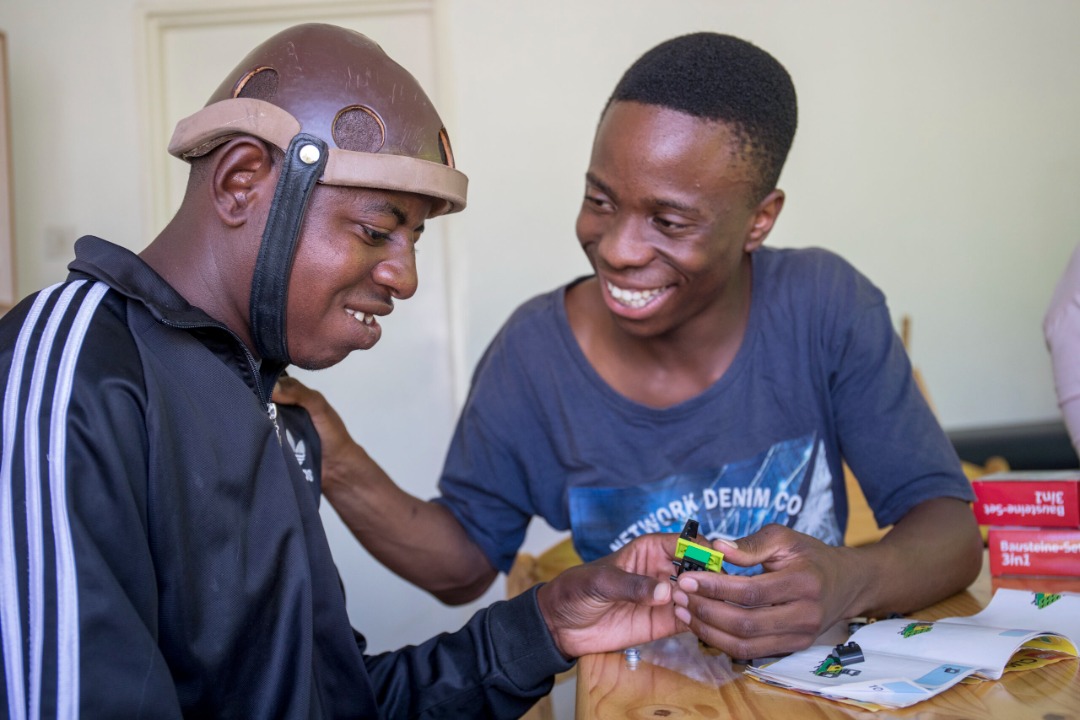|
Getting your Trinity Audio player ready…
|
By Clemence Muchedzi
L’Arche Zimbabwe – a charity, social institution consisting of people with and without intellectual disabilities has urged societies to create a balance by recognizing the rights of people with intellectual disabilities.
Director Time Baluwa said his organisation’s mission is to foster an environment that responds to the changing needs of people with mental disabilities.
Time Baluwa said the institution’s response to persons with intellectual disabilities is reflected in its mission.
“The mission of L’Arche is to make known the gifts of people with intellectual disabilities revealed through mutually transforming relationships. In the same spirit, we desire that the community should work to foster an environment in the society that responds to the changing needs of persons with intellectual disabilities.
“As human beings like everybody, they deserve better health care, improved educational facilities and should be involved meaningfully in all issues that relate to community life,” he said.
In order to improve the life of persons with disabilities, L’Arche promotes the inclusion (meaningful engagement) of persons with disabilities in work placements, arts, sports and other spheres of human life .
“The institution has vocational skills training which empowers and gives an opportunity to persons with intellectual disabilities to live productive lives and contribute meaningfully to their existence and that of the community around them, ” said the Director.
Time Baluwa said as an institution, L’Arche reaches out to people with intellectual disabilities through the social welfare department, churches and other humanitarian institutions.
The community welcomes orphans with intellectual disabilities through the social welfare department. It also works with churches to share its services and create awareness of the gift of persons with intellectual disabilities. The awareness-building over the years created ripple effects resulting in the decline of stigma in the areas the institution operated in.
Baluwa said whilst working with persons with disabilities, the institution faces several challenges.
“Stigma and discrimination (although the awareness has grown over the years) persist since there are still people who find it hard to live with someone who has an intellectual disability.
“Finance is another constraint. Our work is 100% charity. We give our services for free with the hope of improving the quality of life for children and adults with intellectual disabilities.
“All the equipment we use is catered for through the support of well-wishers and the institution’s local fundraising initiatives. Sometimes we fail to meet the demands of equipment and other consumables, thereby affecting our support for those who are in need,” he said.
